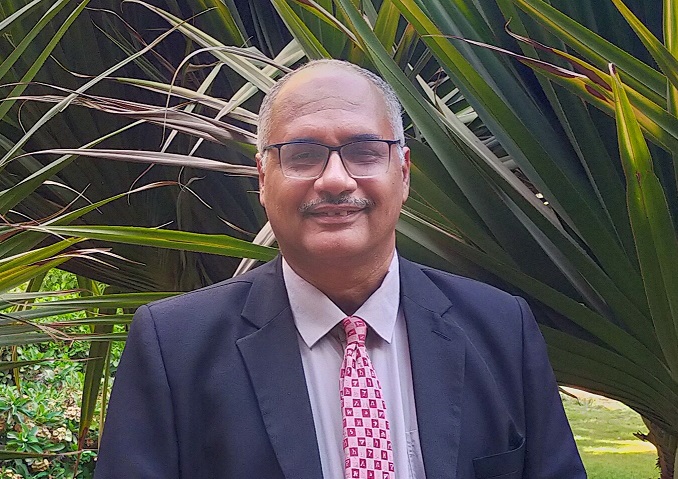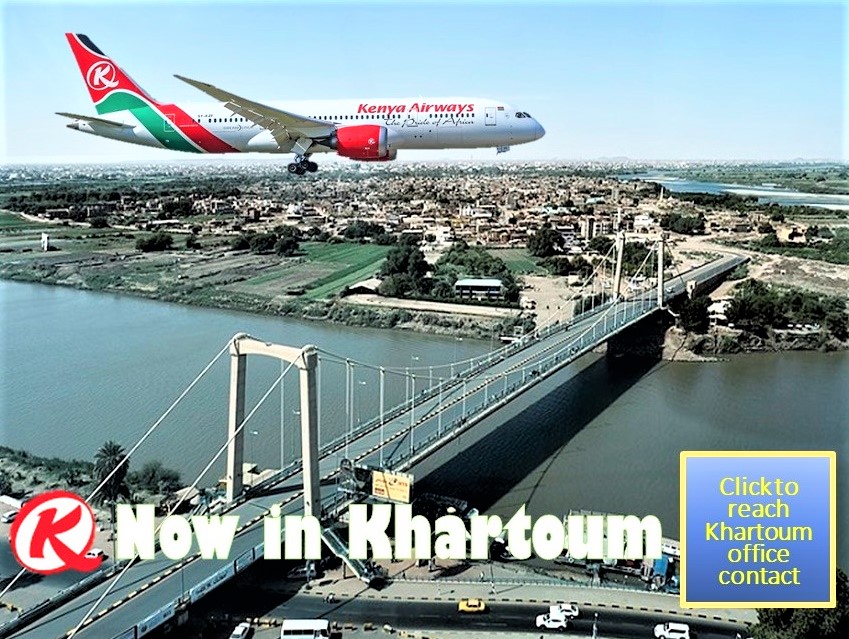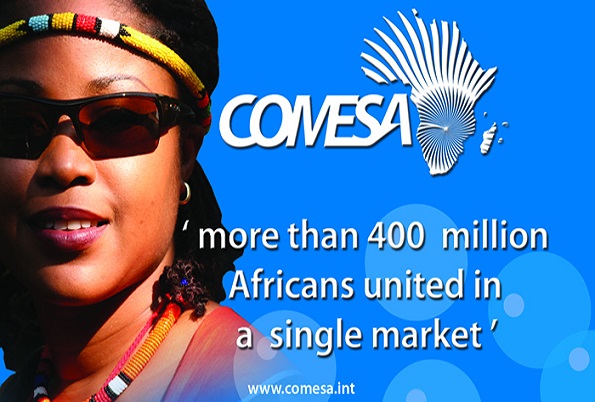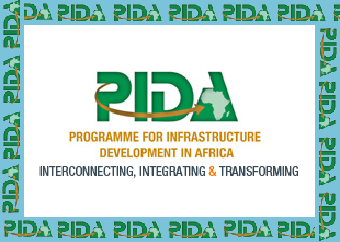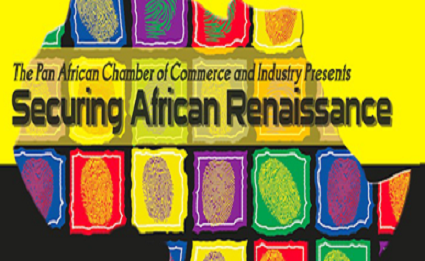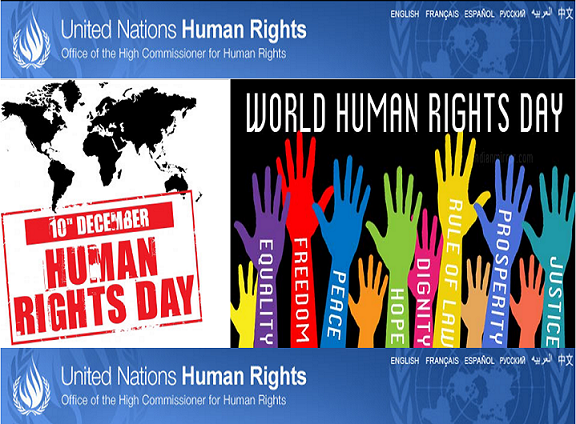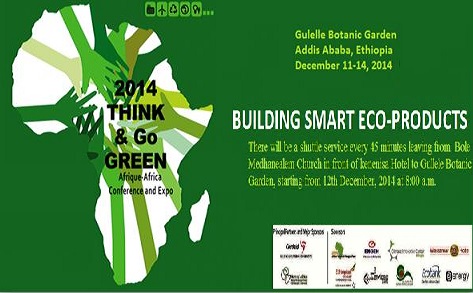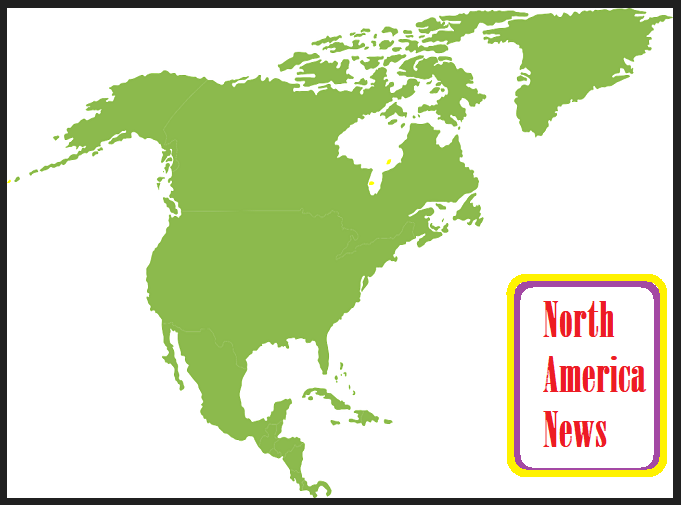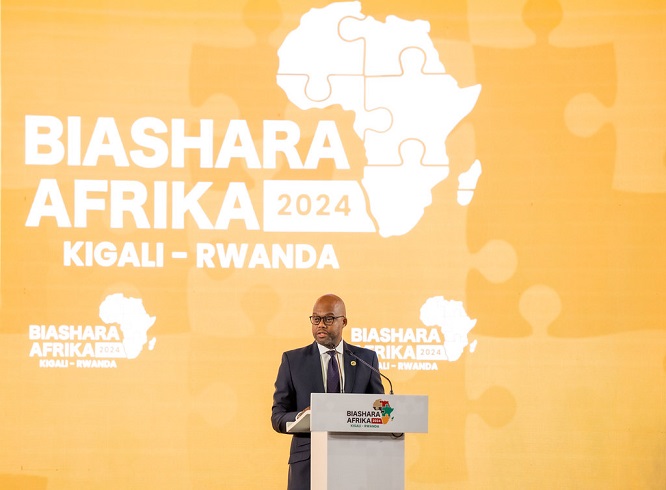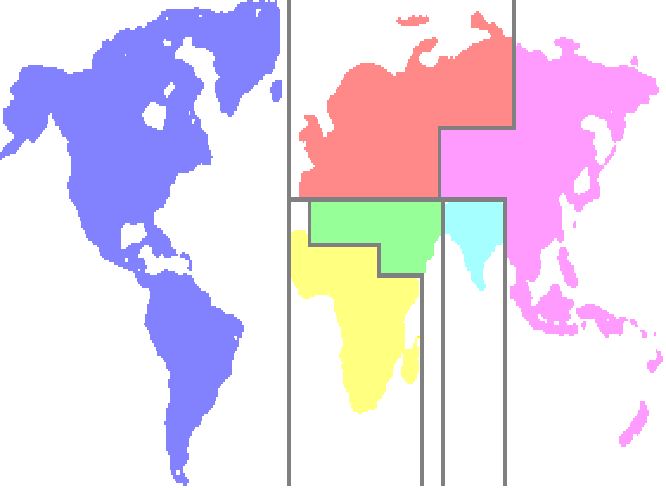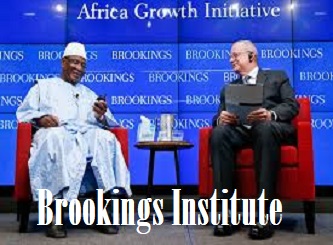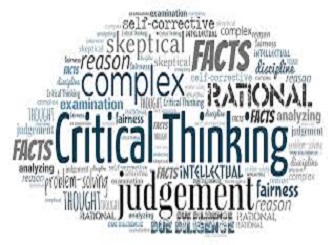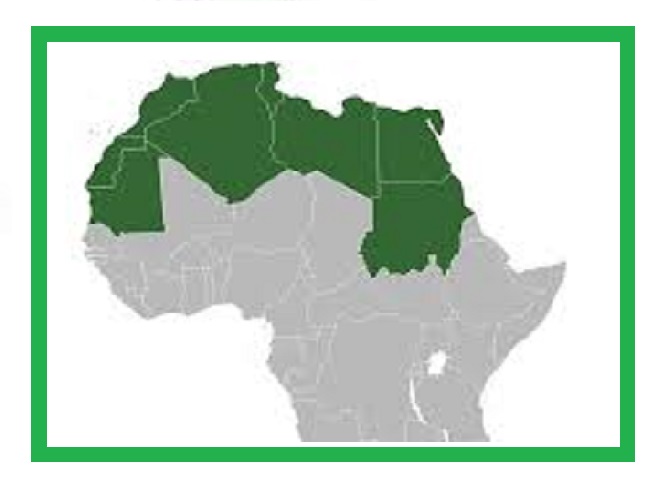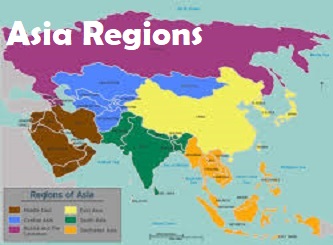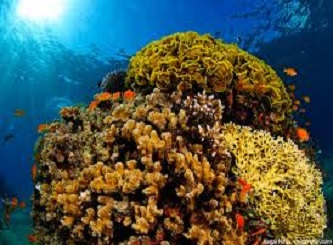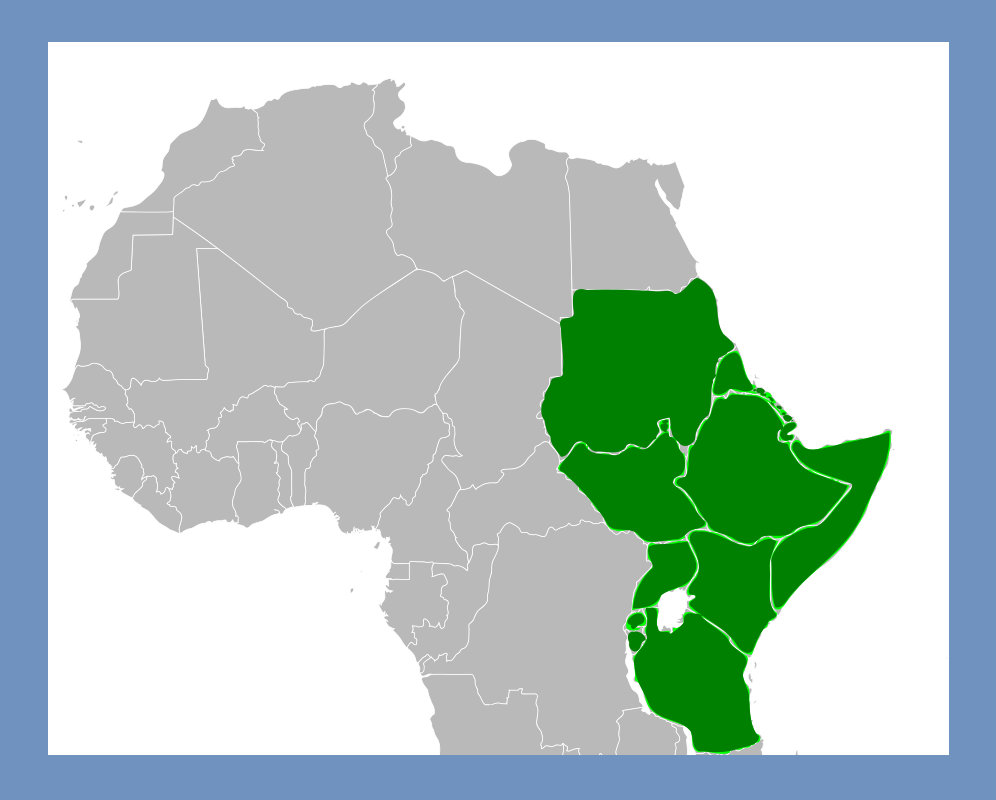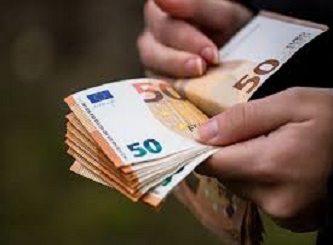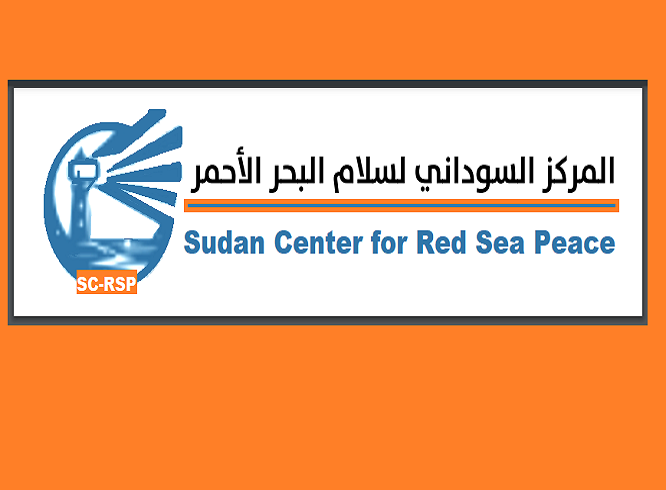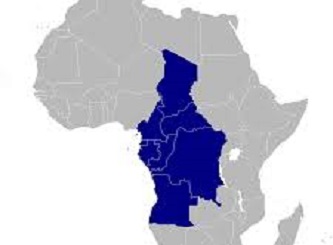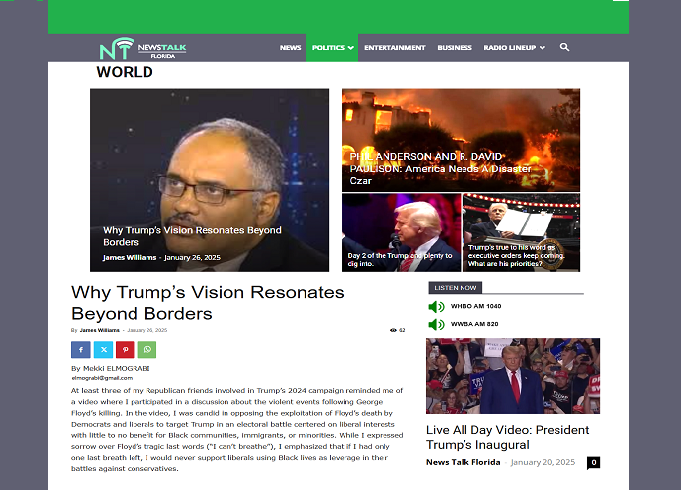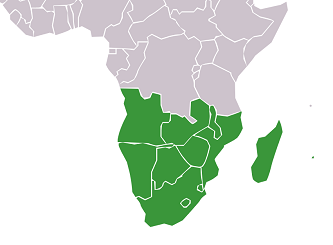Ireland, Africa, and the Fight for Justice: A Shared Legacy of Liberation
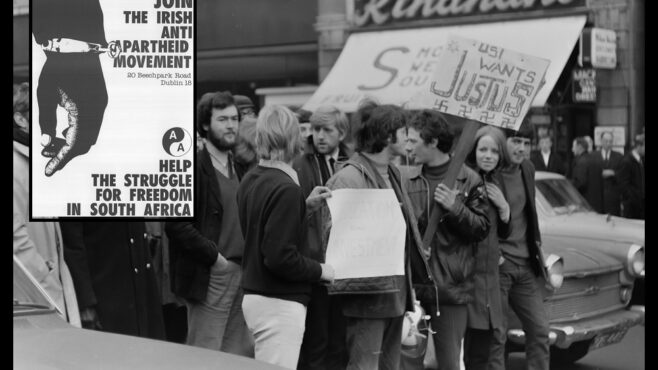
Lessons for Today’s EU-Africa Dialogue
In my previous article titled “The Role of Nordic Countries in EU-Africa Dialogue” on MCAA website, I highlighted the pivotal role that Nordic countries played in shaping EU-African relations. In that article, I emphasized the significant support from Nordic European countries in aiding African liberation movements to eliminate the apartheid regime. However, a friend reminded me that Ireland, too, had a powerful stance that deserves recognition. This led me to explore Ireland’s role further. Although I knew that Ireland, like Africa, suffered under colonization, I came to realize that Ireland not only liberated itself but also assisted African nations in their own struggles for independence.
Ireland’s Position on Apartheid
Ireland maintained a firm position against apartheid in South Africa, advocating for international efforts to end racial segregation and oppression. Throughout the apartheid era (1948–1994), Ireland’s stance evolved, but it consistently supported measures aimed at dismantling apartheid and promoting equality.
In the 1970s, Ireland aligned with international organizations such as the United Nations (UN) and the European Economic Community (EEC), advocating for peaceful change in South Africa. Ireland-backed UN resolutions condemning apartheid and called for an end to the regime’s racially discriminatory policies.
By the 1980s, Ireland emerged as one of the leading European countries pushing for economic sanctions against apartheid South Africa. The Irish government implemented a ban on importing South African goods, while also supporting broader international efforts to boycott South African products, services, and sports teams. Ireland urged similar actions across Europe.
The Irish Anti-Apartheid Movement (IAAM), founded in 1964, played a crucial role in mobilizing public opinion and raising awareness. The IAAM organized protests, campaigns, and boycotts, contributing to international pressure on the apartheid regime.
Ireland also voiced its opposition to apartheid at the UN and the Commonwealth, advocating for South Africa’s diplomatic isolation. It supported the African National Congress (ANC), the organization leading the fight against apartheid. After Nelson Mandela’s release in 1990, Ireland continued to support South Africa’s transition to democracy and welcomed the establishment of a multiracial government in 1994.
Ireland’s Broader Commitment to African Liberation
While Ireland’s role in opposing apartheid is widely acknowledged, its broader commitment to human rights, anti-colonialism, and solidarity with African nations extends far beyond. Since gaining independence from the United Kingdom in 1922, Ireland has consistently supported the decolonization of African nations. In fact, the fight for freedom was remarkably similar in Ireland and Africa—both fighting against the same colonial power. From the Easter Rising in 1916 to the declaration of the Republic of Ireland in 1949, Ireland’s struggle mirrored the decolonization efforts in Africa. ‘The Forty Shades of Green’ or ‘the Emerald Isle’ is the European sister for ‘the Green Continent’. The Land of Saints and Scholars during the Early Medieval became the Land of Freedom Fighters in the 20th century.
Ireland aligned itself with newly independent states, advocating for self-determination and freedom from colonial rule in international forums like the United Nations. Throughout these struggles, Ireland consistently called for an end to European colonialism across the African continent.
Ireland’s Humanitarian and Development Efforts in Africa
Irish people have built a strong reputation for their humanitarian and development work in Africa. Ireland has been actively involved in supporting African countries through NGOs, missionary and charity work, and government-funded aid programs. Organizations like Concern Worldwide and GOAL, both founded in Ireland, have been at the forefront of delivering aid and addressing issues such as poverty, health, and education across the continent.
Irish missionaries have also played a significant role, particularly in the fields of education and healthcare, contributing to long-standing positive relations between Ireland and African nations.
In addition, the Irish Aid organization, the Irish government’s official overseas development program, has significantly contributed to Africa’s development. Irish Aid focuses on tackling hunger, promoting gender equality, improving healthcare, and fostering sustainable development. These initiatives have reinforced Ireland’s role as a compassionate and committed partner to African countries, further strengthening ties through mutual respect and shared goals.
Nordic Countries’ Role
The Nordic countries—Sweden, Norway, Denmark, Finland, and Iceland—were equally committed to opposing apartheid in South Africa. Known for their dedication to human rights, the Nordic countries provided moral, financial, and diplomatic backing to liberation movements.
The Nordic countries also provided humanitarian aid to South Africa’s neighboring states, which were destabilized by apartheid-era conflicts. In addition, their civil society movements were highly active, with organizations campaigning against apartheid and shaping government policies.
Conclusion: Reframing the Narrative
It is worth noting that Ireland and the Nordic countries are often underreported in African media, as the focus has typically been on conflicts between Africa and its former colonial powers. The issue of “white Europe against black Africa” has, at times, overshadowed the efforts of nations like Ireland and the Nordics, whose contributions were based on solidarity rather than colonization. My article aims not only to clear Ireland’s image, as I did earlier for the Nordic countries, but to shift the focus from race to a broader discussion on ‘justice versus injustice’, we don’t want any more ‘black versus white’ mentality and these divisive ideas. Ireland has proven to the world that colors do not matter at all.
Recommendations
- Leverage Historical Leadership in Human Rights: Ireland should draw on its legacy of supporting anti-apartheid efforts to position itself as a champion of human rights in West Africa, advocating for democratic reforms and conflict resolution.
- Promote Economic and Social Investments Ireland could support African nations through initiatives that strengthen civil society, promote fair trade, and invest in sustainable development.
- Foster Diplomatic and Cultural Exchanges: Ireland can facilitate dialogue by encouraging cultural-political initiatives, much like its work with the ANC, promoting deeper understanding between Africa and Europe.
* Mekki ELMOGRABI, International Relations Consultant, Press Writer on African Affairs, and former Diplomat in Washington DC. Can be reached via elmograbi@gmail.com
MCAA Think Tank website permits articles to be re-published, you are welcome to re-publish the article you want.

